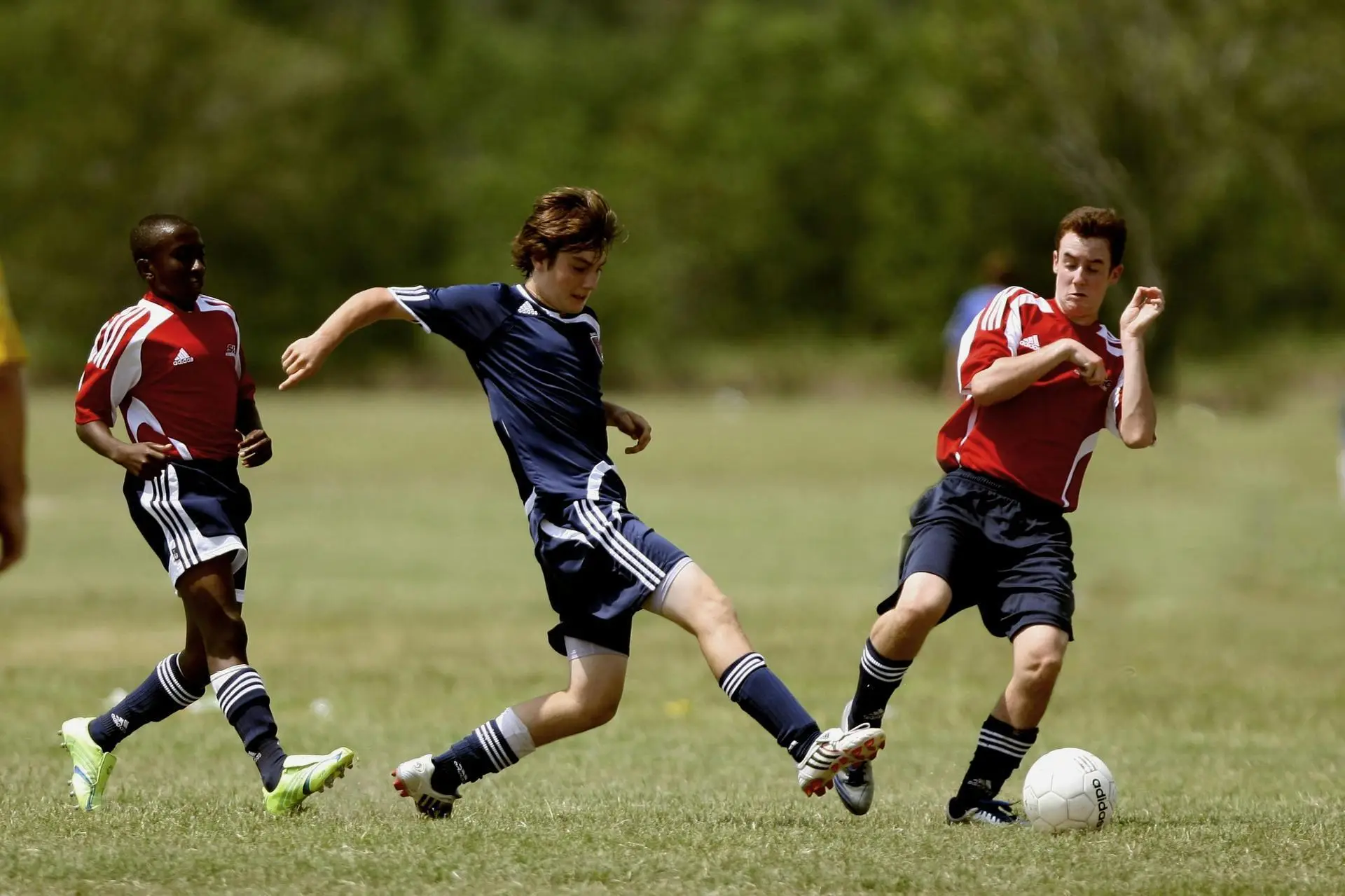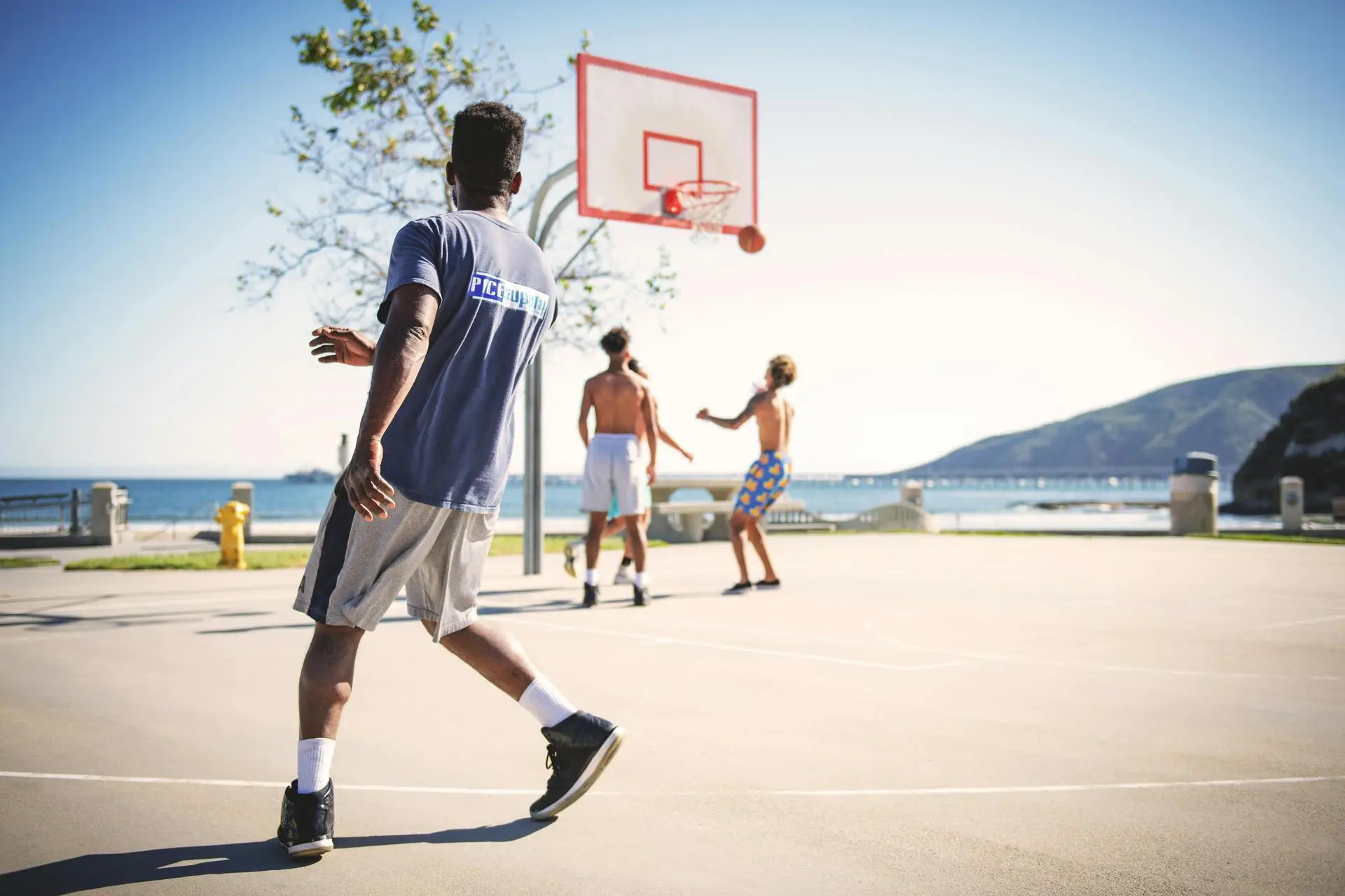How Sports Can Teach Us About Failure and Resilience
Sports are more than just a form of physical activity or entertainment—they are a powerful medium for personal growth and character development. One of the most profound lessons sports teach is how to handle failure and develop resilience. Whether it’s a missed shot, a lost game, or a career-altering injury, the challenges faced in sports mirror those encountered in life. Learning to navigate these setbacks is what builds mental toughness, perseverance, and the ability to bounce back stronger.
This article explores the invaluable lessons sports offer about failure and resilience, and how these lessons can be applied beyond the playing field.
The Role of Failure in Personal Growth
Failure is an inevitable part of sports. Even the most successful athletes face losses, injuries, and moments of self-doubt. However, failure in sports is not the end—it’s a stepping stone toward improvement and growth.
Key insights about failure from sports include:
- Failure is a teacher: Every mistake or loss provides an opportunity to learn and improve.
- It builds humility: Experiencing setbacks reminds athletes that success requires continuous effort and dedication.
- It fosters adaptability: Athletes learn to adjust their strategies and techniques to overcome challenges.
In sports, failure is reframed as a necessary part of the journey, teaching individuals to embrace setbacks as opportunities for growth.
Building Resilience Through Competition
Resilience is the ability to recover from adversity, and sports provide a unique environment for developing this essential life skill. Through the highs and lows of competition, athletes learn how to persevere, stay focused, and maintain a positive mindset.
How sports build resilience:
- Facing adversity: Whether it’s a tough opponent or a personal setback, athletes must confront challenges head-on.
- Pushing limits: Training and competition require mental and physical endurance, teaching athletes how to push through discomfort and fatigue.
- Bouncing back: Losing a game or failing to meet expectations forces athletes to regroup, refocus, and try again.
The resilience developed in sports equips individuals to handle challenges in other areas of life, from academics to careers and relationships.
Learning from Iconic Sports Failures
History is filled with stories of athletes who turned failure into triumph. These examples highlight how setbacks can fuel determination and lead to greatness.
- Michael Jordan: Widely regarded as one of the greatest basketball players of all time, Jordan was famously cut from his high school varsity team. He later credited this failure as the motivation that drove him to work harder and achieve unparalleled success.
- Serena Williams: The tennis legend has faced numerous injuries and losses throughout her career but has consistently demonstrated resilience by returning to the sport stronger each time.
- Tom Brady: Drafted as the 199th pick in the NFL draft, Brady overcame doubts about his potential to become one of the most successful quarterbacks in history.
These stories remind us that failure is not a barrier to success but a catalyst for growth and perseverance.
The Psychological Benefits of Overcoming Setbacks
The mental challenges faced in sports—such as handling defeat, managing pressure, and staying motivated—offer profound psychological benefits. By overcoming setbacks, athletes develop traits that contribute to long-term mental health and well-being.
Key psychological benefits include:
- Increased self-confidence: Successfully navigating challenges boosts an athlete’s belief in their abilities.
- Emotional regulation: Sports teach individuals how to manage frustration, disappointment, and anxiety in high-pressure situations.
- Problem-solving skills: Athletes learn to analyze failures and develop strategies for improvement.
These psychological skills extend far beyond sports, helping individuals thrive in personal and professional settings.
Teaching Life Skills Beyond the Game
The lessons learned from failure and resilience in sports are directly transferable to everyday life. Sports serve as a microcosm of life, teaching essential skills that prepare individuals for real-world challenges.
Examples of life skills developed through sports:
- Teamwork: Collaborating with teammates teaches communication, cooperation, and the value of collective effort.
- Time management: Balancing training, competitions, and other responsibilities instills discipline and organizational skills.
- Perseverance: The ability to stay committed despite setbacks helps individuals achieve long-term goals.
By applying the lessons of failure and resilience learned in sports, individuals can navigate life’s challenges with confidence and determination.
The Role of Coaches and Mentors in Shaping Resilience
Coaches and mentors play a crucial role in helping athletes develop resilience. By providing guidance, encouragement, and constructive feedback, they create an environment where athletes can learn from failure and grow stronger.
How coaches foster resilience:
- Encouraging a growth mindset: Great coaches emphasize effort and improvement over perfection, teaching athletes to view setbacks as opportunities for growth.
- Providing support: Coaches help athletes process failure and develop strategies for overcoming challenges.
- Setting realistic goals: By breaking down long-term objectives into achievable milestones, coaches help athletes stay motivated and focused.
The mentorship provided by coaches not only shapes an athlete’s performance but also their character and resilience.
How Parents Can Support Resilience Through Sports
Parents also play a significant role in helping children learn resilience through sports. By fostering a supportive and balanced approach, parents can ensure that their children benefit from the lessons sports have to offer.
Tips for parents:
- Focus on effort, not outcomes: Praise hard work and improvement rather than wins or losses.
- Encourage self-reflection: Help children analyze their performance and identify areas for growth.
- Promote a positive attitude: Teach children to stay optimistic and motivated, even after setbacks.
By supporting their children’s athletic journey, parents can help them develop resilience and a healthy perspective on failure.
The Long-Term Impact of Resilience Learned in Sports
The resilience developed through sports has a lasting impact on individuals, shaping their approach to challenges throughout their lives. Athletes who learn to embrace failure and persevere often carry these traits into adulthood, contributing to success in various fields.
Long-term benefits of resilience:
- Career success: The discipline, adaptability, and problem-solving skills gained from sports are highly valued in the workplace.
- Stronger relationships: Resilient individuals are better equipped to navigate conflicts and maintain healthy connections.
- Emotional well-being: The ability to cope with setbacks contributes to greater mental health and life satisfaction.
The lessons of failure and resilience learned in sports create a foundation for lifelong success and fulfillment.
Embracing Failure as a Path to Growth
Sports provide a unique opportunity to experience failure in a controlled and supportive environment. By embracing these setbacks, athletes develop resilience, learn valuable life skills, and build the mental toughness needed to succeed in all areas of life.
Whether on the field, court, or track, the lessons of failure and resilience in sports are universal. They remind us that setbacks are not obstacles to avoid but opportunities to grow stronger, wiser, and more determined.











